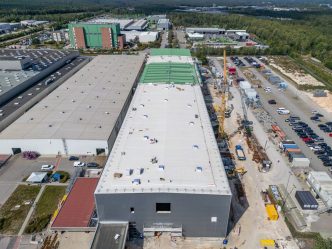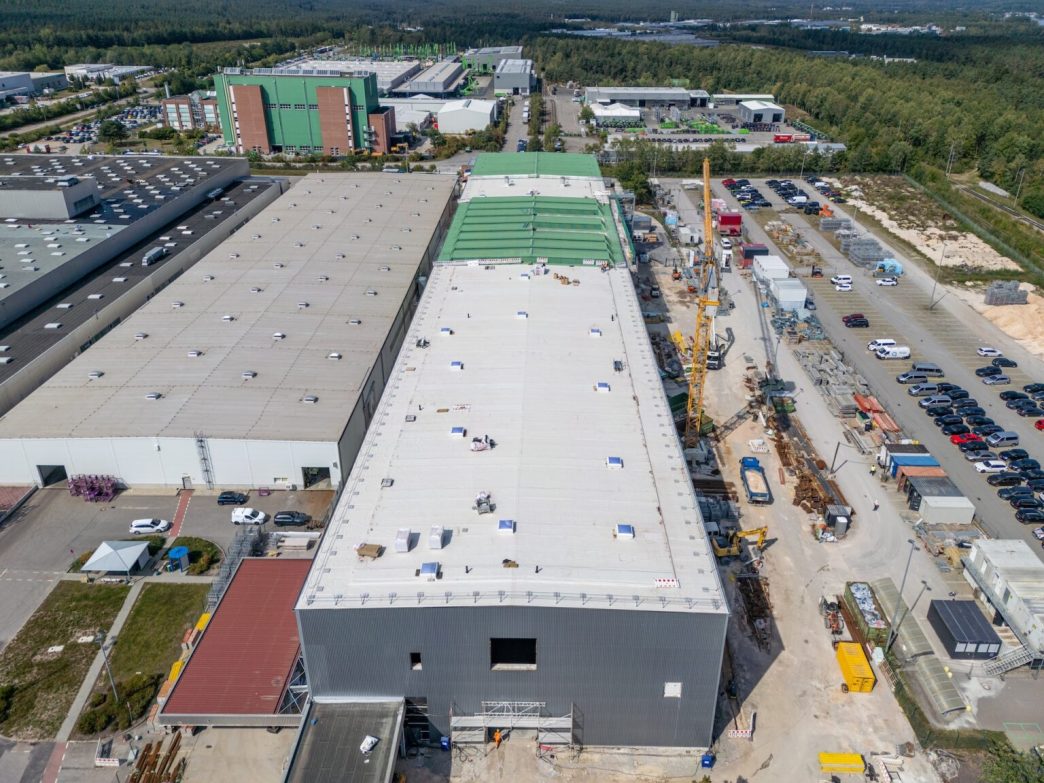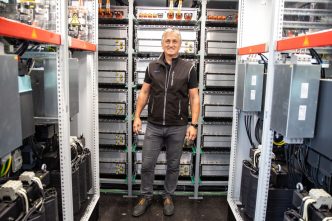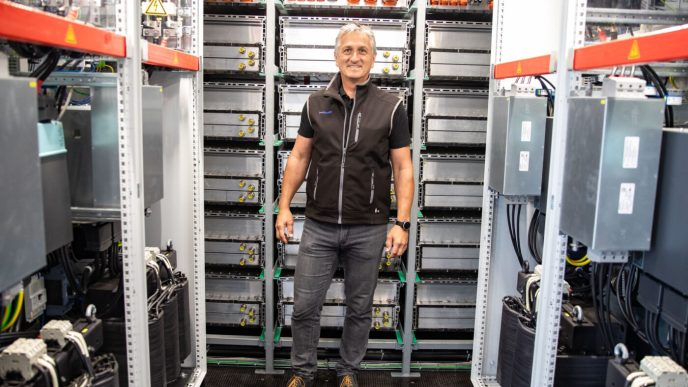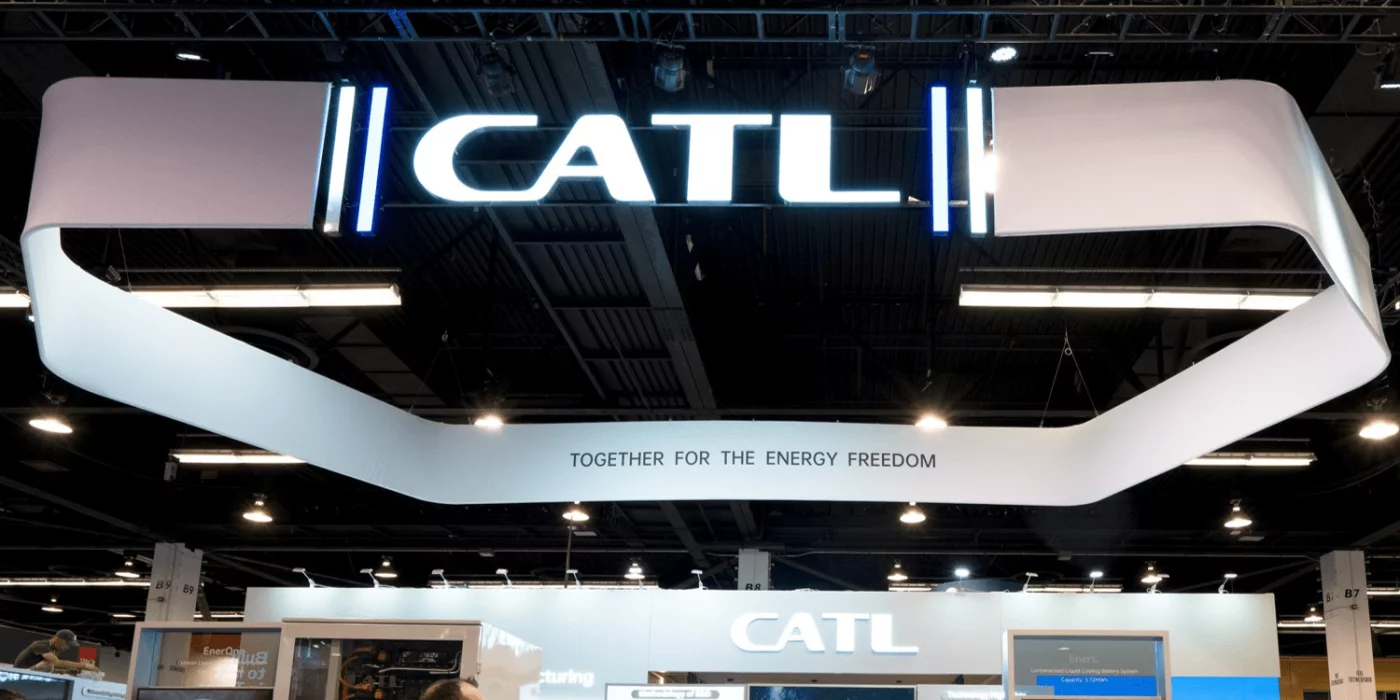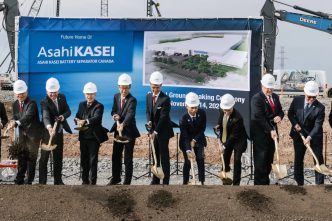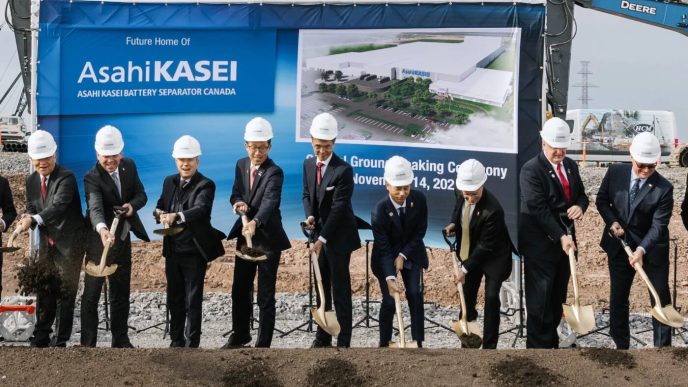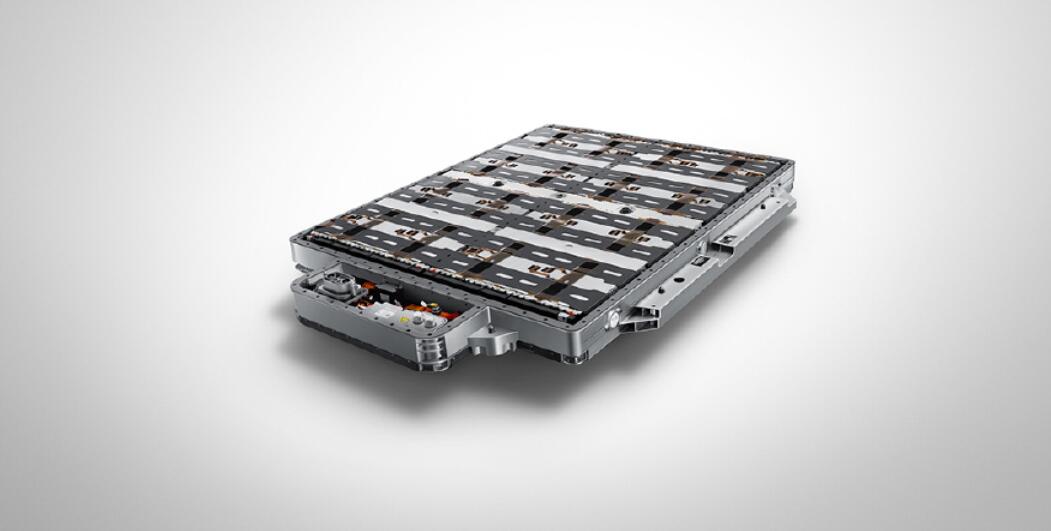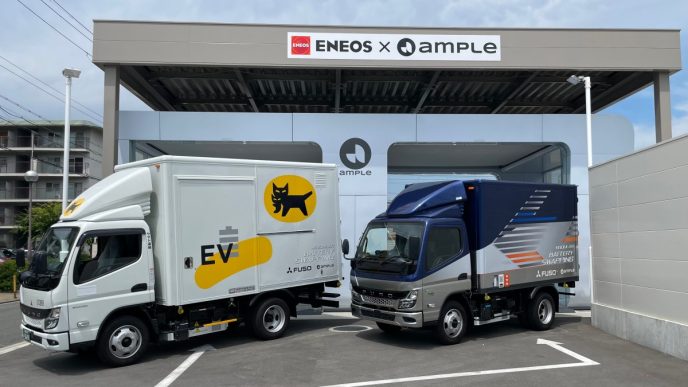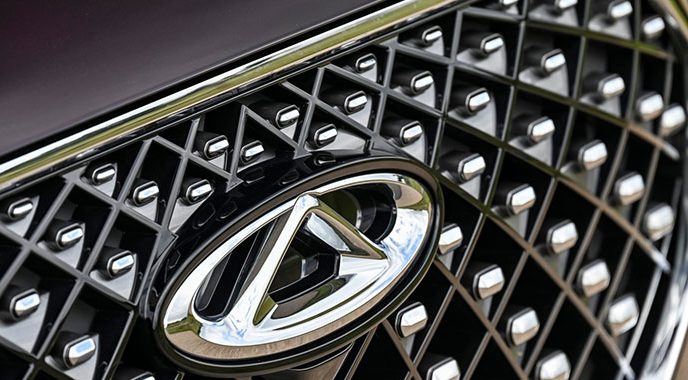The BMW Group has officially launched the initial phase of its new battery testing center in Wackersdorf, Germany, a year after the project was first announced. The facility, which spans over 8,000 square meters, will conduct comprehensive testing on battery cells, high-voltage batteries, and other electric powertrain components for upcoming BMW electric models. The center is expected to be fully operational by late 2025.
Key highlights of the project include a significant investment of approximately 100 million euros, aimed at advancing test-bench technology and upgrading the infrastructure. The initial phase is now active, with the testing of battery cells taking place 24/7. The facility is designed to simulate real-world use cases and ensure that BMW’s batteries meet the highest standards for reliability and performance ahead of mass production.
In the coming months, the testing capacity will increase, with the ability to test several hundred battery cells initially and scale up to several thousand in the final phase. Tests will cover various scenarios, including vibration and shock simulations, to replicate complex driving patterns and ensure vehicle durability.
Dr. Felix Schmidt-Stein, Project Manager for the facility, commented, “Parallel testing of several hundred battery cells will initially be possible. Once the ramp-up is complete, testing capacity will reach several thousand battery cells.” Christoph Peters, Site Manager, also highlighted the importance of the new testing center, noting that it complements other production operations at the Wackersdorf site, which include overseas supply, cockpit production, and door manufacturing for Rolls-Royce models. The center is set to play a pivotal role in supporting BMW’s transition to electromobility.

